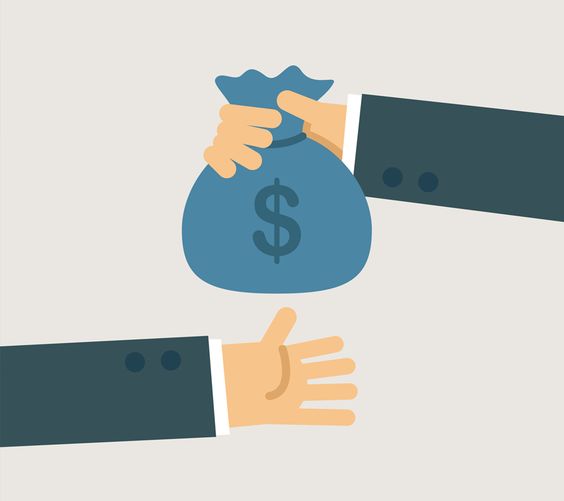A credit score is a three-digit number that lenders use to gauge the likelihood that an applicant will repay borrowed money. It’s important to note that you don’t have a single, universal credit score. Different lenders and credit bureaus have their own rules and scoring systems, though they often consider similar factors when determining a score.
What is a Credit Score?
Table of Contents
Credit scores you find online provide a general idea of your credit standing. These scores are purely illustrative and should be used to help you identify ways to improve your score. The scoring systems used by lenders are tailored to meet their specific criteria for particular financial products.

What Do Lenders Look for in a Credit Score?
Lenders use credit scores to assess the risk associated with lending to an applicant. Here’s how they typically evaluate a credit score:
Personal Circumstances: Being on the electoral roll, the length of time you’ve had your current account, and how long you’ve lived at your address can all play a role in determining your credit score.
Past Debt Management: Lenders examine your credit history to see how you’ve managed debt previously. Late or missed payments can negatively impact your score.
Recent Financial Activity: If you’ve recently taken on more credit, maxed out your credit limits, or applied for credit with multiple lenders, this can affect your score.
Debt Levels: The amount of debt you have relative to your income is a crucial factor. High levels of debt compared to your income can lower your score.
How Do Lenders Use Credit Scores?
Lenders develop their scoring systems by analyzing the past behavior of previous customers. If your credit file resembles those of customers who defaulted on payments, you might be seen as a higher risk. This process is automated and uses statistical techniques to ensure results are unbiased.
While the exact scoring methods of lenders are confidential, they help lenders decide which applicants to accept and what interest rates to offer.
Improving Your Credit Score
Although you can’t see the exact scoring system a lender uses, focusing on the factors mentioned above can help you improve your credit score. Here are some tips:
- Pay Your Bills on Time: Consistently paying bills on time can positively impact your credit score.
- Keep Credit Utilization Low: Aim to use less than 30% of your available credit.
- Limit New Credit Applications: Applying for multiple lines of credit in a short period can lower your score.
- Check Your Credit Report: Regularly check your credit report for errors and dispute any inaccuracies.
Conclusion:
If you’re looking for a reliable way to secure quick funding, consider CashFaster for small cash loans or fast cash loans. We offer a range of loan from $300 to $2000 to meet your needs, providing a convenient solution to manage unexpected expenses. Remember, maintaining a healthy credit score is key to accessing better financial opportunities and lower interest rates. By following the tips above, you can improve your creditworthiness and increase your chances of getting approved for the best financial products available.

John Moneywise is a financial expert dedicated to helping readers save smarter, invest better, and achieve financial freedom. Follow his insights on CashFaster for practical tips to master your money.